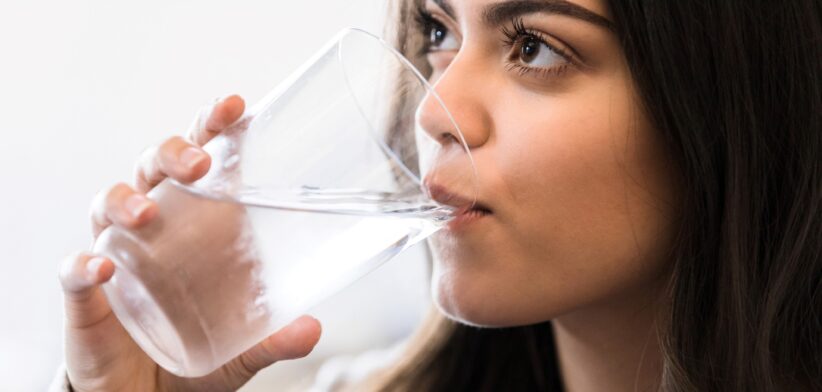Younger people are more accepting of drinking recycled water, paving the way for its increased use in the future.
New research from global professional services firm GHD found more than 70 percent of Gen Zs, and a large majority of Millennials, would drink recycled water, compared to 50 percent of Gen X surveyed.
GHD’s Australian Market Leader Lindsey Brown said the research showed the prospects of recycled water being used for drinking in Australia were buoyant.
“As younger generations move into leadership positions currently held by Baby Boomers and Gen X, we can expect that recycled water projects will become more acceptable,” Ms Brown said.
The results are found in GHD’s CROSSROADS intergenerational equity research, based on a survey of 13,000 adults across 10 countries, including Australia.
Survey respondents were asked: “With freshwater becoming scarcer due to climate change and population growth, I’m open to drinking treated or recycled water like purified wastewater, stormwater, or sea water with the salt taken out.”
Ms Brown said 76 percent of Gen Z and 62 percent of Millennials answered yes, compared to 58 percent of Baby Boomers and only 50 percent of Gen X respondents.
“Overall, 60 percent of Australians are open to drinking purified water, on par with the global average of 63 percent.”
She said the research also showed Australian men were more likely say yes to recycled water than women across most of the generations.
“Even with this support, it will still be important to alleviate the concerns of people who are opposed to recycled water, and the generational and gender differences we have uncovered will be important in this regard.”
GHD’s research also revealed Australians were less willing to pay more for household water use, with 44 percent saying yes to this option, compared to a 10-country average of 59 percent.
Ms Brown said an important benefit of recycled water was affordability.
“Residential water bills and water utility capital expenditure have been flat over the past decade. However, capex is now growing and is expected to almost double from $6 billion in 2022-23 to more than $11 billion by 2026-27.
“Data from Water Services Association of Australia shows that purified recycled water is often more cost-effective than current options like desalination, so this option must be on the table if we are serious about addressing cost of living concerns which makes it great to see that future generations are more willing to support it,” Ms Brown said.
She said decisions made regarding water management today would have long-term impacts on future generations.
“Ensuring intergenerational equity relies on how responsibly we use and safeguard our water resources and educate our communities on the trade-offs we may need to make.”








